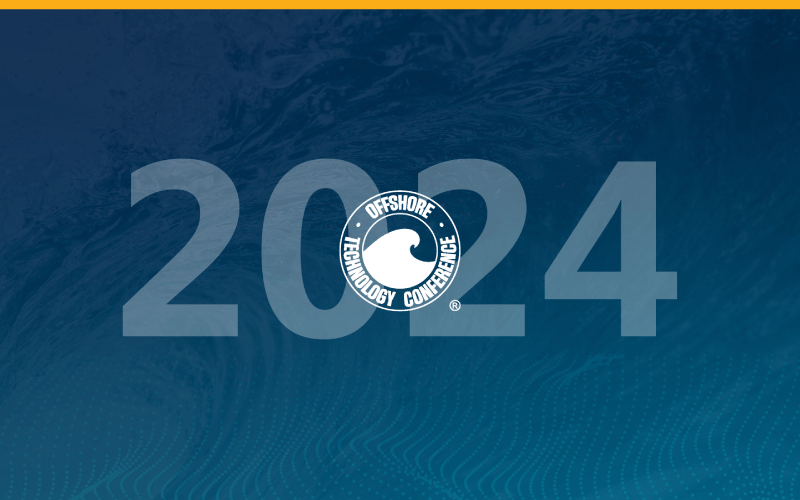The Vidya team had the privilege of attending CERAWeek 2024, one of the most important energy conferences in the world. The conference was full of ideas, innovations, and insights into the future of the energy sector. After engaging with experts, and attending panel discussions, pod presentations, lyceum seminars, and hub sessions, we’ve distilled the conference’s vast content into three topics. The Energy Transition, Artificial Intelligence, and Leadership.
1. Energy Transition
One of the most discussed topics at CERAWeek 2024 was the transition towards renewable energy sources. With the global push towards reducing carbon emissions and combating climate change, the renewable grid challenge has become a focal point for the energy sector. The main concern revolves around the intermittency of renewable energy sources like wind and solar. Experts at the conference emphasized the need for innovative energy storage solutions and Artificial Intelligence technologies to overcome this challenge while ensuring a stable and reliable renewable energy grid.
“It’s more than Energy Transition, it’s to find the balance in doing it, optimizing the operation efficiency without creating more data lakes”
Hydrogen also emerged as a promising solution for storing renewable energy and decarbonizing various sectors. The conference showcased advancements in hydrogen production technologies, infrastructure development, and the potential of hydrogen as a clean and efficient energy carrier.
Another highlight was the initiatives on green steel production techniques that utilize hydrogen and renewable energy sources to reduce carbon emissions in the steelmaking process significantly. Additionally, carbon capture and storage (CCS) technologies were highlighted as essential tools for capturing and sequestering CO2 emissions from industrial processes, thereby playing a crucial role in achieving carbon neutrality.
2. Artificial Intelligence
Artificial Intelligence (AI) was a recurring theme throughout the conference, with discussions focusing on how AI can empower users by turning vast amounts of data into actionable insights. Machine Learning algorithms were highlighted as tools that can optimize energy production, improve efficiency, and reduce costs across the energy sector. Moreover, Generative AI was discussed as a transformative technology that can revolutionize design and planning processes in a complex industry, being a tool for promoting data accessibility and optimizing decision-making.

Integrating AI in the energy sector is not about replacing human expertise but enhancing it. AI-driven analytics and decision-support systems can help energy professionals make informed decisions, optimize operations, and anticipate future trends. By contextualizing data and providing valuable insights, AI can facilitate more effective and strategic decision-making processes. Ultimately driving the industry toward greater efficiency and sustainability.
3. Leadership
Effective communication and storytelling were emphasized as crucial leadership skills, enabling leaders to inspire and mobilize teams toward common goals. The conference highlighted the importance of innovative technological leadership and the need for diverse and inclusive teams to drive creativity, foster innovation, and address the complex challenges of the energy transition. Women were particularly recognized for their growing influence and contribution to the energy sector, bringing diverse perspectives, innovative solutions, and a fresh approach to leadership.
Women leaders from across the energy sector shared their experiences and insights on how diversity and inclusion can foster innovation and accelerate the transition towards a more sustainable energy future. They were not only featured in specific panels dedicated to women in leadership, but also prominently represented in pod presentations and as speakers addressing technical matters related to the energy transition.

The importance of focusing on solving challenges and embracing innovation was a common thread throughout the conference. Leaders in the energy sector emphasized the need for a collaborative and forward-thinking approach to address the complex challenges posed by climate change and the energy transition. By fostering a culture of innovation and encouraging risk-taking, the industry can unlock new opportunities, drive technological advancements, and pave the way for a more sustainable and resilient energy future.
“Pragmatic, realistic, and bold.” Sama Bilbao y Leon –World Nuclear Association
CERAWeek 2024 provided valuable insights into the future of the energy sector. Highlighting the critical importance of energy transition, the transformative potential of Artificial Intelligence and Data Contextualization, and the essential role of leadership in driving innovation and change. As we continue to navigate the challenges and opportunities of the evolving energy landscape, these key takeaways will undoubtedly shape the strategies, technologies, and leadership approaches that will define the industry’s future.



